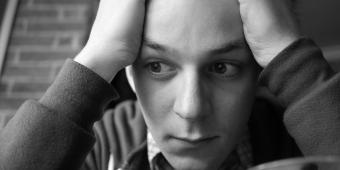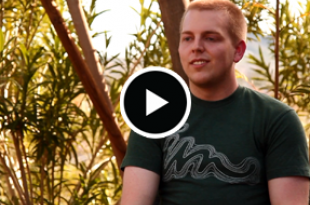What Are "The Phobias"?
The "Phobias": Isn't It Time to Eliminate This Inaccurate Terminology?
In the anxiety literature, you read about them all the time. For example, a researcher may write "this is applicable to panic disorder, generalized disorder, and the phobias."
It is very important in research and clinical circles to define terms as precisely as possible. So, when someone uses the phrase "the phobias", ask them what they mean.
Are they talking about agoraphobia? Claustrophobia?
Or perhaps specific phobias, such as fear of snakes, hydrophobia, or perhaps emetophobia?
Or maybe they're also including social phobia (social anxiety disorder). Who knows?
That is precisely the problem. The phrase has not been defined precisely enough. So, who knows to what they are referring?
Each and every one of the anxiety problems mentioned above should be spelled out specifically. We already have clearly defined words for each of these "phobias".
Each and every one of "the phobias" is different and sometimes treatment for one phobia does not work for another phobia. The only common denominator here is that "the phobias" cause anxiety.
Professionals: Please be explicit about your intention if you are writing or speaking about any of the phobias. It is not only more accurate to define terms properly, it prevents needless misunderstanding, misdiagnosis, and related problems.
I can vouch for the fact that a person with agoraphobia, whose life is restricted because of fear of panic attacks, does not appreciate being lumped together with someone who has a specific phobia, e.g., fear of spiders. Both of these are genuine anxiety problems, but the treatment and therapy involved for these two phobias is vastly different.
I can also guarantee you that the 7-8% of people with social phobia (more properly "social anxiety disorder"), do not care to be lumped into this category either. People with social phobia do not fear panic attacks or enclosed spaces or individual objects.
People with social anxiety fear social interactions where they perceive they will be on display or judged.
We should be further along in our understanding of anxiety disorders than this.
To lump all of these anxiety problems together as "the phobias" is not only scientifically inaccurate, but it creates potential problems in relation to accurate diagnosis and appropriate treatment.
Lack of knowledge about the anxiety disorders underlies the use of this unfortunate terminology, yet this is no excuse, especially to someone who claims to be knowledgeable about these issues.
It is time we put to rest this catch-all phrase "the phobias" and start being specific about which "phobia" we are talking about.
Social anxiety should not be classified as a "phobia". Social anxiety is too broad a category, and it covers all aspects of a person's life. What isn't social in life? Even when alone, people are thinking about social things and other people. "Social anxiety" affects ALL of a person's life, and cannot be adequately explained as a "phobia". We should be further along in our understanding of anxiety disorders than this. We should not be using antiquated and inaccurate terminology.
-- Thomas A. Richards, Ph.D., Psychologist



